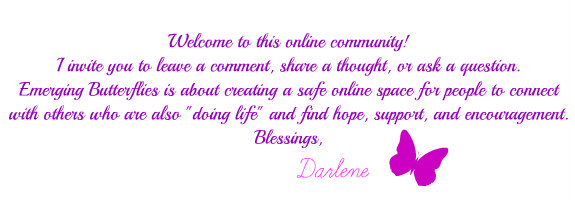 |
| Back of the Picture says "The Rascals" |
While she lived, I was pleased to know that I would see her at family events and looked forward to seeing her. I enjoyed catching up with her and I enjoyed the stories of her younger years that she would share. I found her presence comforting. She was the last who could share stories with us of her brothers and what it was like growing up. She had answers to questions we had not asked of our dad while he was still alive - often because we had not thought of them. It was a comfort to know that she was only a phone call or short drive away.
I remember her from my childhood as a strict but loving mother and a generous caregiver. She worked as a nurse in pediatrics for the majority of her adult life. On her weekends off, she came to my grandfather's house (kitty-corner to our home) to clean, cook and tend his garden for him. My grandmother died when I was only two, and, from the time of her passing until he died, my aunt came faithfully every other weekend to care for him.
I remember staying at her house to play with my cousins and going there for Christmas dinners. Forever in my mind it will be the little pink house, even though I believe they changed the color many years ago. I have happy memories of those times.
I remember that she had asthma and an allergy to cats that would quickly bring on an attack. I remember she had strong feelings about what was safe and unsafe for the children she saw come through her unit at the hospital.
I appreciated her, loved and admired her when I was a child, however, it was as an adult that I felt a much stronger connection to her. My parents lost their house to fire in 2009. They lost nearly everything they owned, including several heirlooms. She, in the tradition of her mother and herself, made a quilt for my parents. They put it on their bed and it was a beautiful daily reminder of her love and generosity to them.
My father passed in 2011. During his final illness my connection to her grew much stronger. She came to see my dad several times during those last two weeks - both at the hospital and at our home. She talked with him and made sure to tell him what was most important for her to say and for him to hear before he passed. She was kind and supportive to us, his grieving children. She gave me an example of how to say good-bye to a loved one.
At her funeral, I heard many stories of how she had touched many people in similar ways to those I had experienced. People told of her generosity, her giftedness in sewing and knitting things for others, her kindness and the cards or visits they had received from her. They spoke of her sense of humor, her strength of character, her love for God. Many people will miss her, I among them.
Yet, we grieve with hope. I know that she is together with the Lord she loved and also with her many family members who had gone before her. She is part of a grand reunion and waiting to celebrate with us when we join her there.




































